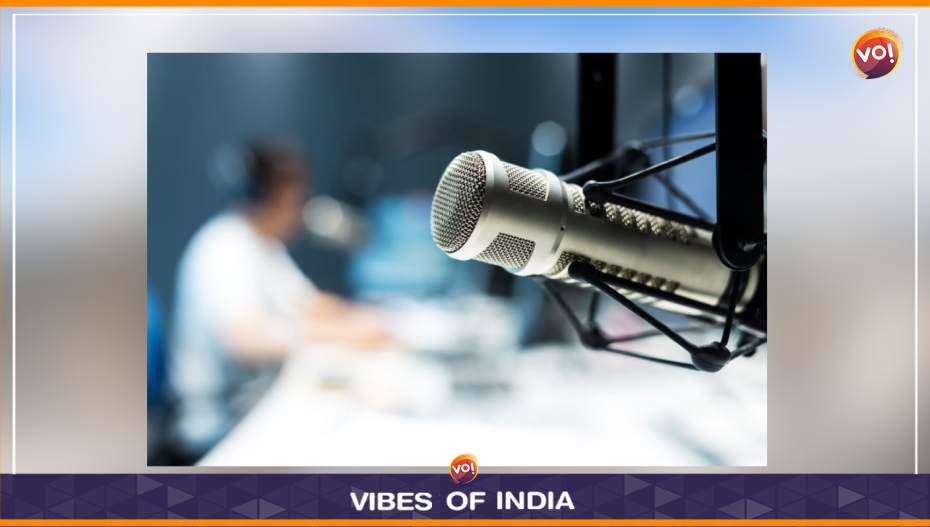That vote buying is rampant in many elections in India is an open secret. Understandably, policymakers try to diminish the influence of vote buying in politics.
An article published by VoxDev highlights that campaigns often become the means to curb such underhand activities. But while such campaigns are effective, they aren’t always economical and are less vulnerable to corrupt forces compared to on-the-ground campaigns.
Additionally, it says, that such campaigns are safe in regions where violence and intimidation remain perpetual threats.
A radio campaign in India was evaluated by scores of voters in the lead-up to the 2014 general elections. The campaign was run on All India Radio (AIR). The study included 57 AIR radio stations. Twenty-nine radio stations were randomly chosen to broadcast the campaign.
The total cost of the radio campaign, VoxDev reports, was $23,000.
A part of the article reads: “The radio campaign consisted of three 60-second ads, each with a dramatised vignette involving a voter who is excited to have received a ‘gift’ from a candidate. The vignette then depicts another voter who explains that candidates who engage in vote buying are likely to steal public money after being elected to recoup their expenditure, at the cost of providing public services like schools and electricity. The ad ends with the first voter deciding not to honour his or her promise to vote for the vote-buying candidate, followed by an appeal by the announcer: ‘Teach vote-buying leaders a lesson — use your secret ballot to vote for an honest candidate.’”
Further, it says: “The ads were broadcast 48 times on each radio station: 24 prime-time airings and 24 non-prime-time airings; or 18 on the first day, 18 on the second day, and 12 on the third day. This timing balanced the desire to broadcast ads close enough to election day to limit the parties’ ability to respond, with the desire to have a sufficiently long campaign period to ensure high voter exposure to the ads.”
VoxDev claims the radio campaign distanced close to 3 million votes from vote-buying parties. It decreased the share of vote-buying parties by 6.1 percentage points.
It goes on to conclude that radio campaigns can be a cost-effective measure compared to more expensive on-the-ground efforts. Considering the timing of the campaign, parties had less time to react.
Also Read: 1 Killed Every Eight Hours In Gujarat Hit And Run Cases












